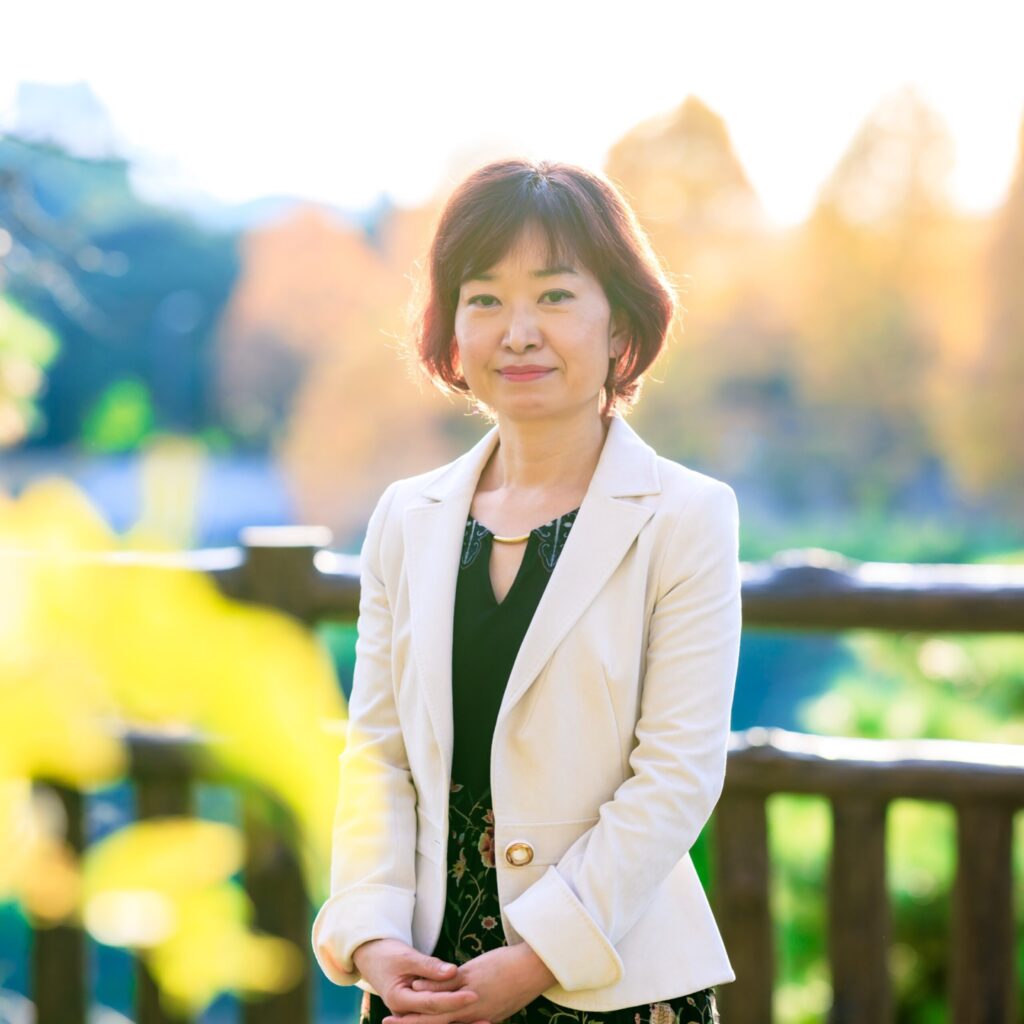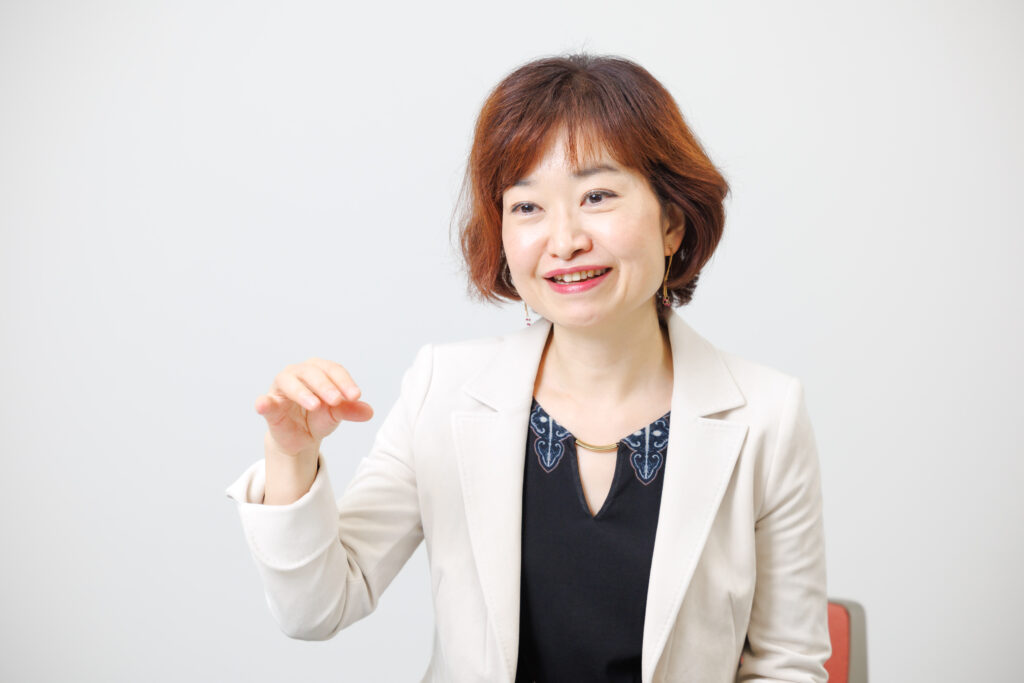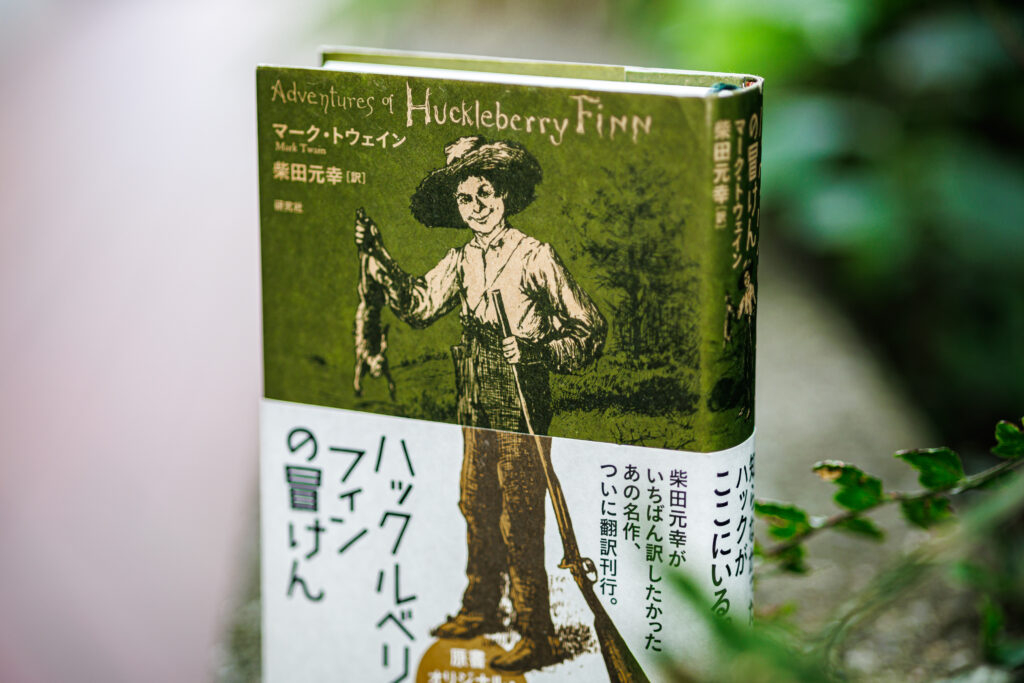
More than 30 years have passed since the collapse of the Soviet Union. As Russia’s economic systems have gone through dramatic changes, how have large companies maneuvered themselves and influenced Russian politics? Professor Yuko Adachi of the Faculty of Foreign Studies researches big business in present-day Russia; here, she discusses the importance of studying Russia.
My area of expertise is the present-day Russian political economy. In particular, my research centers on major companies that deal with natural resources such as oil and gas.
When the Soviet Union disintegrated in 1991, Russia’s companies were forced to undergo massive change—from a socialist system to a capitalist economy. Russia experienced great economic turmoil in the 1990s; yet under the Putin administration in the 2000s, it achieved remarkable economic growth.
In my research, I focus especially on the role played by Russia’s big business in this economic growth, and on the relationship between these major corporations and the government.
Relations with the state are crucial for Russian big businesses

One of the defining characteristics of Russia’s large companies today is their close connections to the state. Perhaps you have heard the term “oligarch”—it refers to business tycoons who, taking advantage of economic transformation, managed to accumulate enormous wealth.
Some oligarchs who grew in power under the Yeltsin administration have lost influence in the Putin era; nevertheless, oligarchs continue to control Russia’s biggest corporations through both formal and informal links to the state. By studying their behaviors, we can learn the extent to which they and the Russian state have developed an interdependency.
Another defining characteristic of the Russian economy is that its markets are dominated by major companies in which the state holds a powerful influence. The majority of corporations that deal in natural resources such as oil and gas are state-controlled; however, there also exist entities known as “State Corporations”— which operate in strategic industries such as defense and atomic industries—and they are headed either by Putin’s former colleagues or other persons with presidential backing.
The current state of the Russian economy can be summarized as follows: in the strategic sectors of the economy, the private-sector companies that thrived in the wake of the post-Soviet transition have increasingly come under growing influence of the state.
Russia’s global standing in flux
Japan imports most of the natural resources it needs, while Russia is resource abundant. In IT and other fields, too, Russia has a wealth of talented human resources. As Russia transforms into a market economy, many Japanese business leaders expected they could cooperate more with Russian companies.
However, the business environment has grown increasingly unstable under the long-continuing administration, and Russian systems have become more difficult to understand; as such, many companies seem to have become rather hesitant in engaging with the country. The February 2022 invasion of Ukraine exacerbated the situation.
In Japan, it is important that corporations have a high degree of transparency, especially for listed companies. In Russia, however, companies may be opaque and difficult to understand. And one of my research contributions is to try to comprehend the readily incomprehensible aspects of Russia.
Russian business has been driven into a state of uncertainty due both to the effects of the coronavirus and the consequence of the country’s invasion of Ukraine. Economic sanctions imposed by many countries are gradually taking effect. Russia’s global standing is clearly changing.
It is therefore vital that we gather as much information about Russia as we can, and be alert to these signs of change. There can be no doubt that deepening our understanding of our neighbor is of great importance for the Japanese economy.
The book I recommend
“Adventures of Huckleberry Finn”
by Mark Twain, Japanese translation by Motoyuki Shibata, Kenkyusha

Huckleberry Finn is often regarded as a children’s book, but I would like to recommend it to people of high school age and older. Huck confronts traditional norms, he thinks for himself about what is “right,” and he acts with conviction—there are many things we can learn from the way he lives his life. Motoyuki Shibuta’s Japanese translation is excellent, too.
-
Yuko Adachi
- Professor
Department of Russian Studies
Faculty of Foreign Studies
- Professor
-
Professor Yuko Adachi graduated from the Faculty of Foreign Studies, Sophia University, and completed her Masters at the Johns Hopkins School of Advanced International Studies; after working at the International Monetary Fund, she received her Ph.D. from the University of London. Adachi is a professor at both the Faculty of Foreign Studies and the Graduate School of Global Studies, Sophia University.
- Department of Russian Studies
Interviewed: November 2022